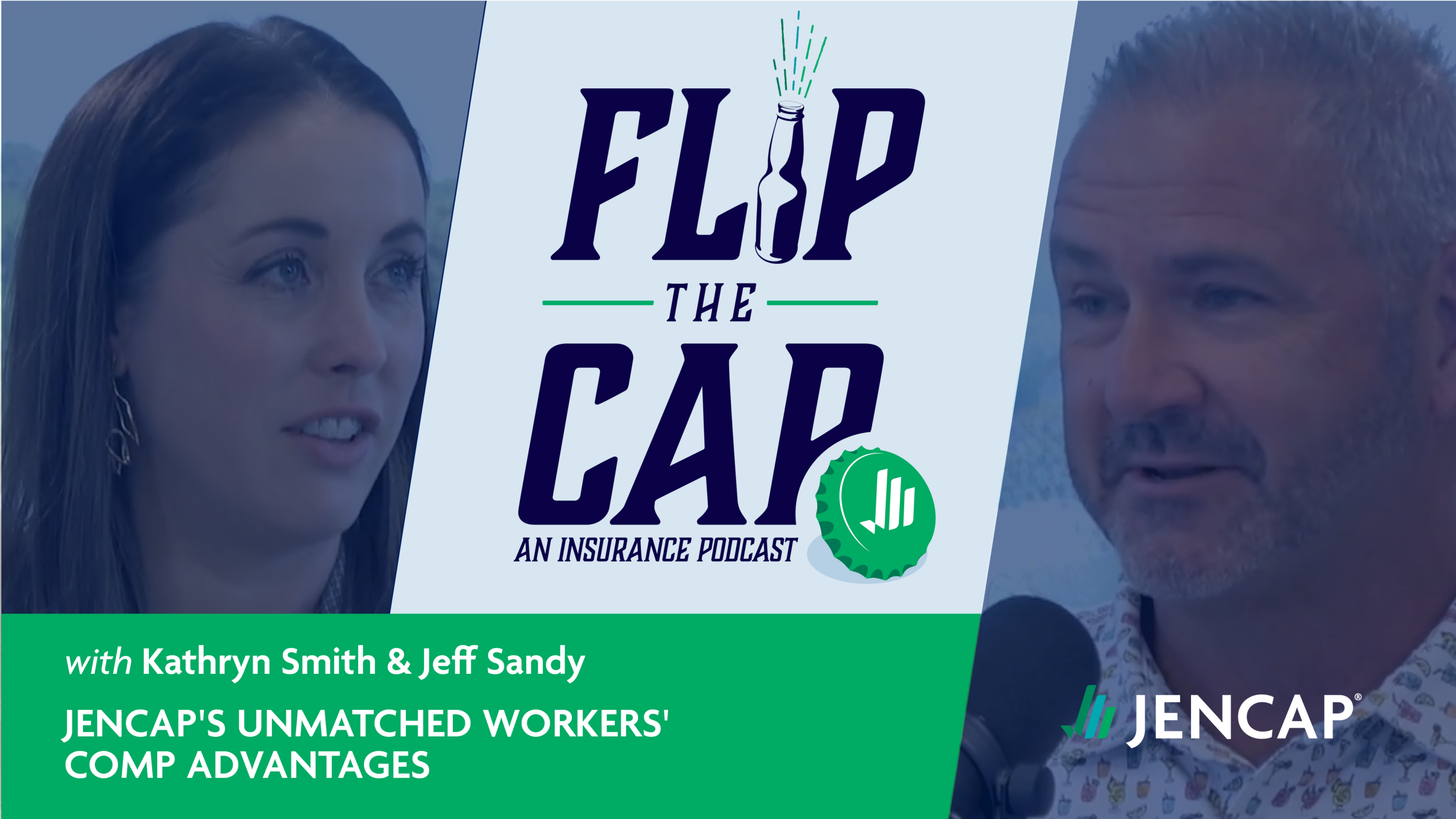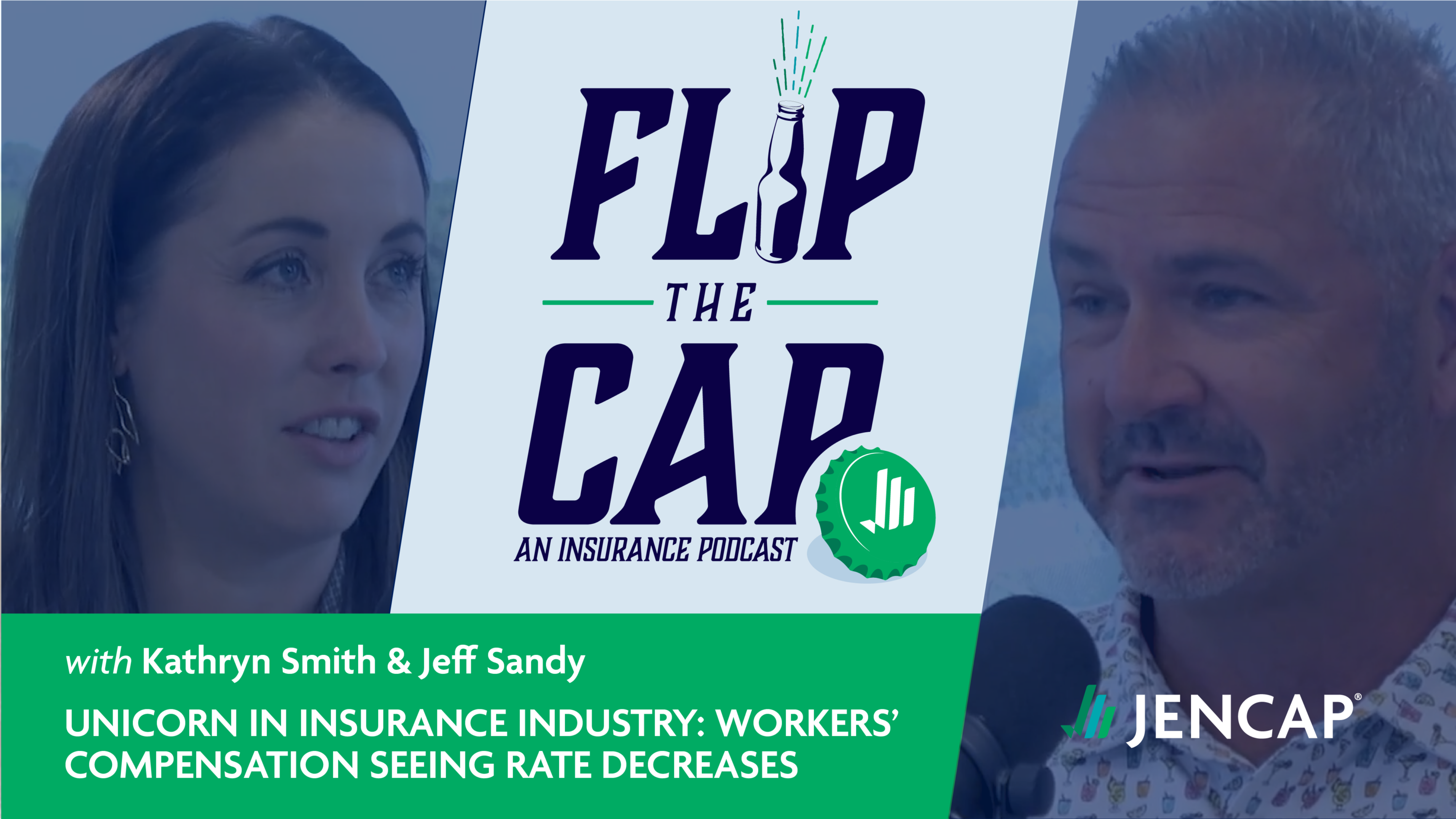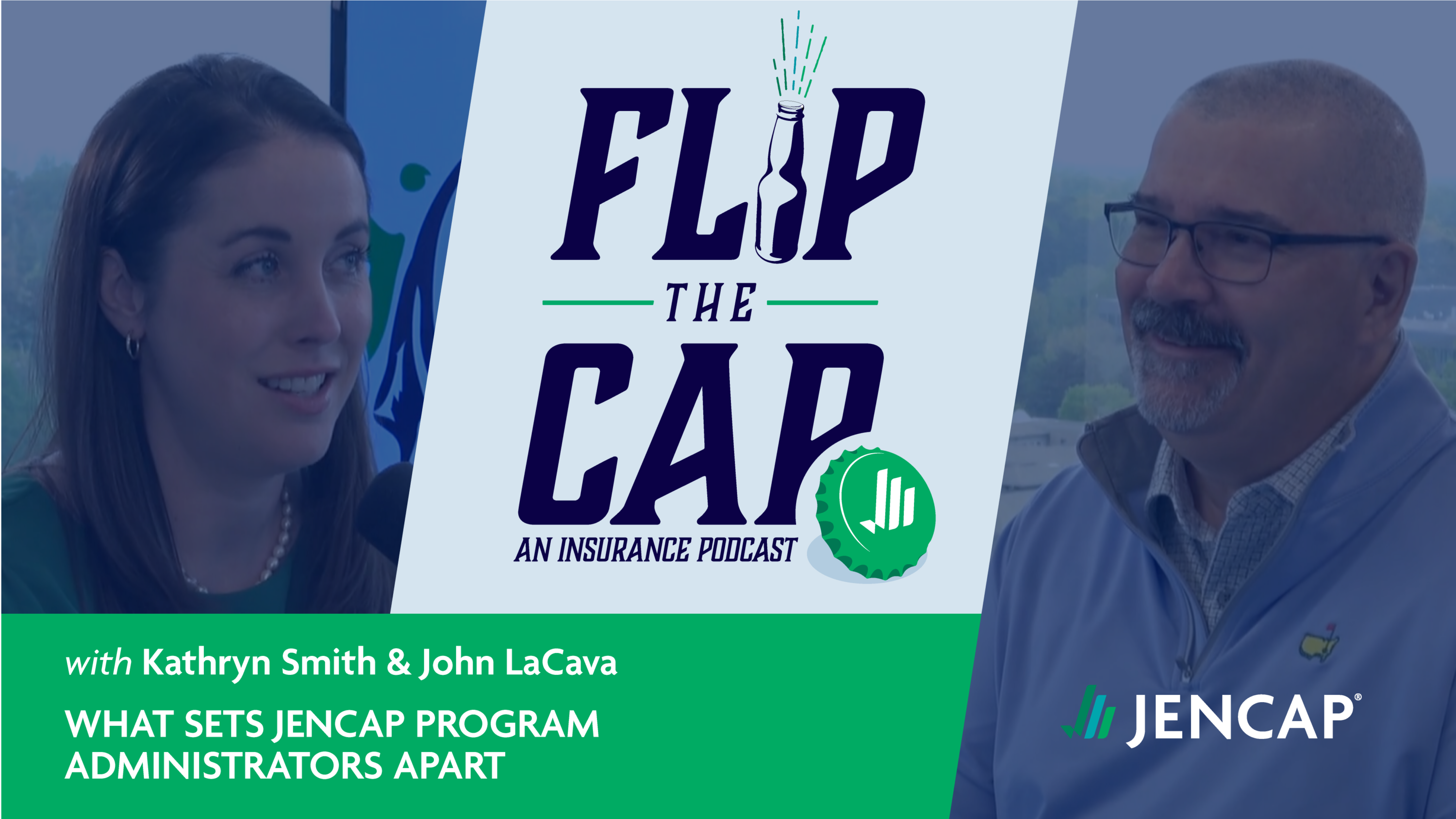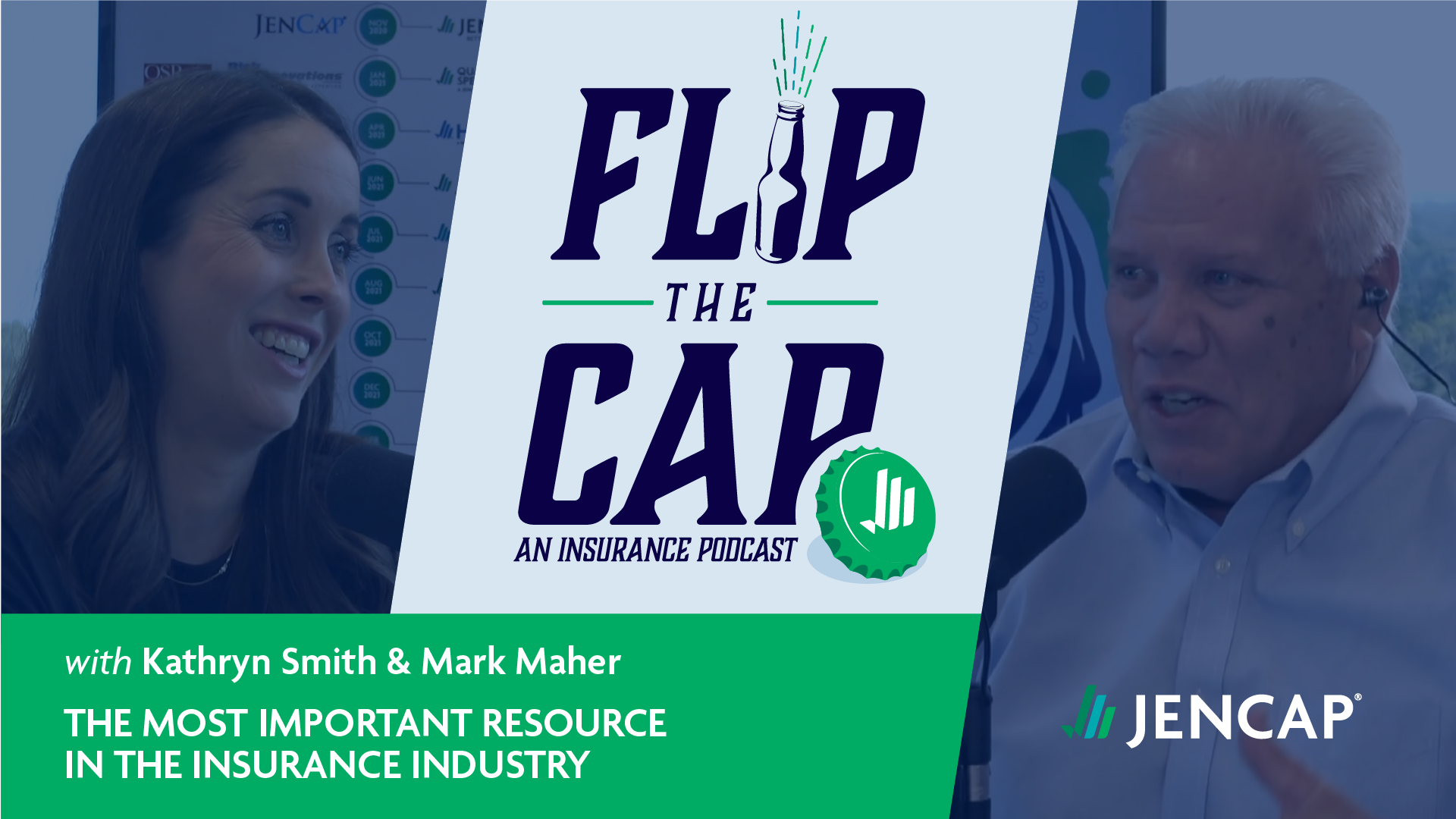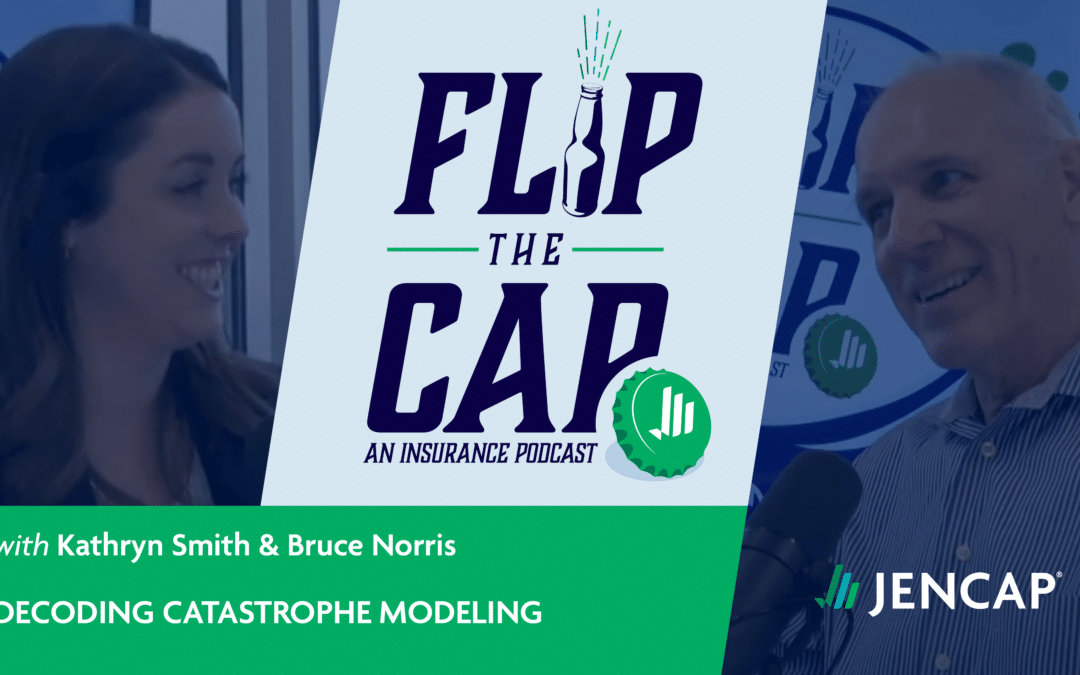Despite all reasonable care and precautions, workplace accidents happen—someone makes a mistake, equipment malfunctions, Mother Nature plays a cruel trick. Companies go to great lengths to both ensure the safety of their employees and mitigate potential risks to their business. Depending on the circumstance, some of those measures might include Workers’ Compensation, Occupational Accident Insurance, or Contingent Liability Insurance (or even a combination of all). But what’s the difference between the three? And when might a business choose one over another?
Although the complexities of each go beyond a single blog post, here is a snapshot of the relationships and distinctions between each type of insurance.
What is Workers’ Compensation?
Workers’ Compensation (WC) covers medical expenses, lost wages, and death benefits if an employee is injured, becomes ill, or dies due to a work-related accident.
Let’s say, for example, a pipe bursts in the office and creates a puddle of water on the floor. An employee slips in the water, falls, and breaks her arm. WC would cover the employee’s expenses for medical treatment and provide compensation for wages lost while they are out of work recovering.
Most states require businesses to purchase WC for their employees, and each state regulates the benefits and wages provided in the coverage. Not only does WC ensure employees receive proper care in the event of work-related injury or illness; it also protects the employer by covering legal expenses should an employee decide to sue.
What is Occupational Accident Insurance?
Occupational Accident Insurance (OAI) is similar to Workers’ Compensation insurance, but it is intended for businesses that work with independent contractors who are not employees. Contractors are often not covered by traditional Workers Compensation policies, and Occupational Accident Insurance bridges that gap, in the case of work-related injury. Depending on the plan, OAI covers things like medical expenses and disability and survivor benefits —up to a predefined limit.
This type of coverage is common in the trucking industry, for example, where trucking companies hire independent contractors or owner-operators who lease their services and trucks to the company. They work for the company, but by definition, are not considered employees.
Occupational Accident Insurance is typically less expensive than WC and allows employers some additional flexibility for what is included in the plan. Based on the level of risk their contractors are exposed to as a part of their work, businesses can choose what to include in their OAI plans and set parameters around how much will be covered. However, should the contractor sue the motor carrier for their illness or injuries, OAI does not cover the motor carrier’s legal expenses or lawsuit defense costs, because they are not a named insured.
When choosing between Workers’ Compensation and Occupational Accident Insurance, businesses need to take into account their workforce and employment practices, the types of risks they assume, and their individual state’s laws and policies.
What is Contingent Liability?
Contingent Liability is different from both Workers’ Compensation and Occupational Accident Insurance. It is written as a companion policy to Occupational Accident master policies by the same insurance carrier writing the Occupational Accident Policy. Motor carriers could find themselves in situations where a contractor claims to be an employee and tries to sue the company for Workers’ Compensation benefits. Contingent Liability was designed to provide defense and benefits on behalf of the motor carrier.
For example, let’s say a contracted truck driver is injured while making a delivery and sues the trucking company, arguing he should be eligible for Workers’ Compensation benefits to cover his medical expenses and lost wages while he’s unable to drive. If the driver wins the lawsuit, the company’s Contingent Liability insurance would cover the settlement and/or reimbursement costs up to the defined policy limit.
Navigating the differences between Workers’ Compensation, Occupational Accident Insurance, and Contingent Liability can be complex. Work with Jencap and you can access our national network of specialized brokers to get your clients the coverage they need for any circumstance. Contact us to learn more.

























